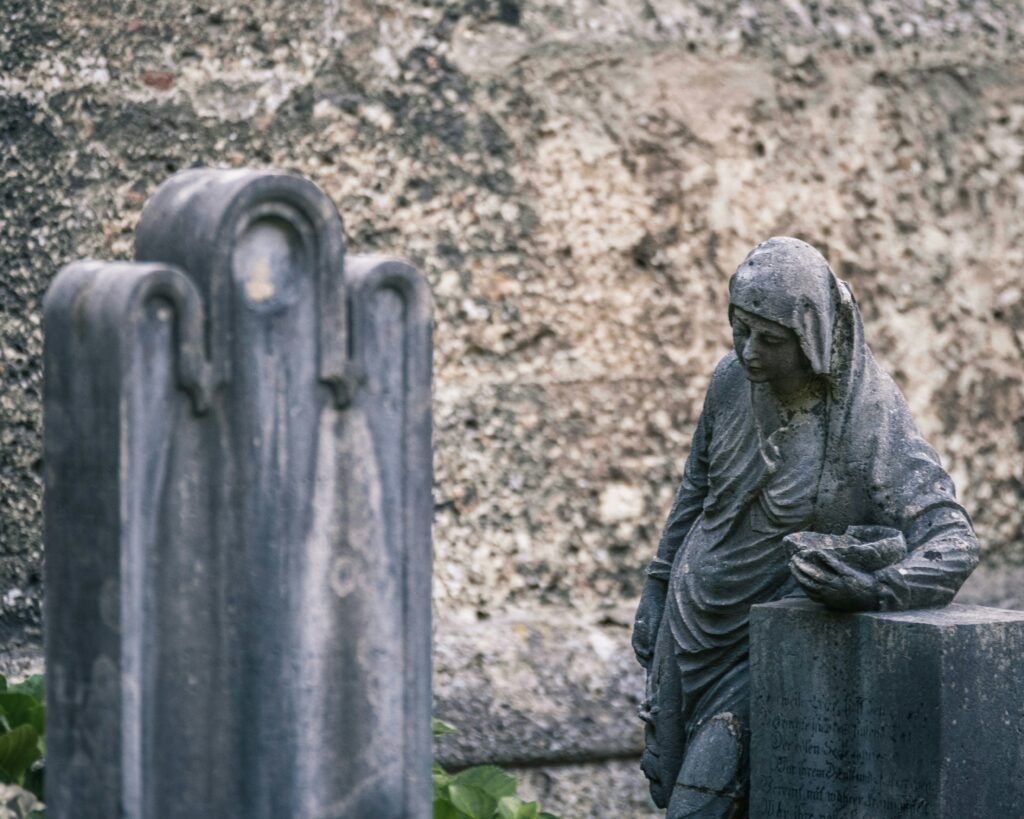
Part 1: Introduction | Part 2: Wisdom | Part 3: Words
One more theme makes itself obvious in James’s little letter. Multiple times he uses a Greek verb, or its noun equivalent, to speak of our works.
He notes a couple of ways that humans naturally “work” evil:
- We exhibit wrath (Jam 1.20).
- We discriminate against people—specifically the poor (Jam 2.9—translated “commit” or “committing” in many of the English versions).
But God doesn’t leave us in our sorry state. The first thing James comments on in his letter is that God “works” in his people through trials, to develop endurance in them. When he has rescued us from our inborn proclivities, he begins to work on us, shaping us, trying us, so that we will be mature examples of his people.
And what do you suppose happens then?
We begin to “work” in ways that we were unable to before. In fact, it becomes impossible for us not to respond to God’s work in us with our works—works that provide evidence of the genuineness of our faith. In James’s memorable words, “Faith without works is dead” (Jam 2.20).
He gives us two historical examples of believers who demonstrated their faith by their works:
- Abraham (Jam 2.21), who obeyed God’s command to take his promised son, Isaac, to Moriah and sacrifice him, until God stopped him at the very last moment (Hebrews 11.19 tells us that he believed that God would raise his son from the dead after he had sacrificed him.)
- Rahab (Jam 2.25), who protected the Israelite (enemy!) soldiers and enabled them to escape the Canaanite forces
This kind of obedience perfectly exemplifies the attitude James has already described—and commanded—in chapter 1: that we should be doers of the Word, and not merely hearers (Jam 1.25). Abraham heard the word directly, of course; God spoke to him audibly (Ge 22.2), as he did relatively often in those days before the arrival of the Living Word (He 1.1-2) and the completion of the Written.
But the case of Rahab is less obvious, more subtle. There is no indication that God ever spoke to her. She and her people had heard—through the rumor mill—of the parting of the Red Sea and of Israel’s defeat of the two Amorite kings (Jos 2.10). I suppose we could say that the word Rahab heard from God was general, rather than special, revelation. But while her countrymen had responded as unbelievers, in fear, she had responded in faith: “Yahweh your God, he is God in heaven above and in earth beneath” (Jos 2.11). And that faith unavoidably made itself plain in her decisions and the consequent actions.
Here we have clear evidence of God’s working in the hearts of those who believe in him to produce evidentiary works.
Throughout his epistle James gives us plentiful specific examples of the kinds of works we will produce as God works in us.
- Enduring temptation (faithfulness) (Jam 1.12)
- Control of anger (Jam 1.19)
- Responding to the Scripture’s correcting work (Jam 1.25)
- Helping widows and orphans (Jam 1.27)
- Nondiscrimination (Jam 2.1)
- Giving to the poor (Jam 2.15)
- Controlling the mouth (Jam 3.2)
- Sorrow for sin (Jam 4.9)
- Rejection of materialism (Jam 4.13)
- Honesty (Jam 5.1, 4)
- Prayer (Jam 5.16)
And so it must be with us. We demonstrate our genuine faith through our “conversation,” our lifestyle, including both words and works, that displays the fruit of obedience. And that, James says, is wisdom (Jam 3.13).
So here, at the end, we find that all three of these Big Ideas come together. We gain wisdom from God, and that wisdom leads us to works that are consistent with our condition as believers, including words that bring life rather than death.
This epistle from the first generation of Jesus’ followers is as relevant today as ever.
Photo by madeleine ragsdale on Unsplash



